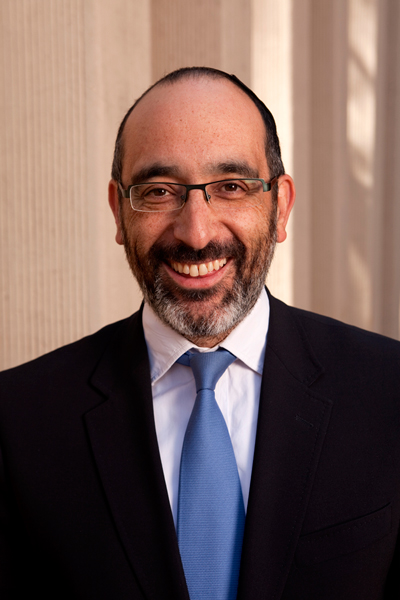Day 6
Shabbat - the Power of Creativity
This essay has been kindly sponsored anonymously in recognition of Chief Rabbi Goldstein's leadership and vision of the Shabbat Project worldwide.
CLICK HERE TO BUY THE BOOK

Chief Rabbi Dr Warren Goldstein
Chief Rabbi Dr Warren Goldstein is Chief Rabbi of South Africa and a Dayan. He has created various educational and humanitarian initiatives across the country and published numerous books on government, morality, and society. He has a PhD in human rights and constitutional law.
Click here for today’s parallel essay by Tiffany Monastyrsky.





